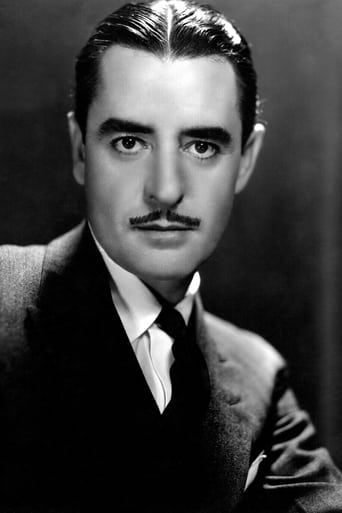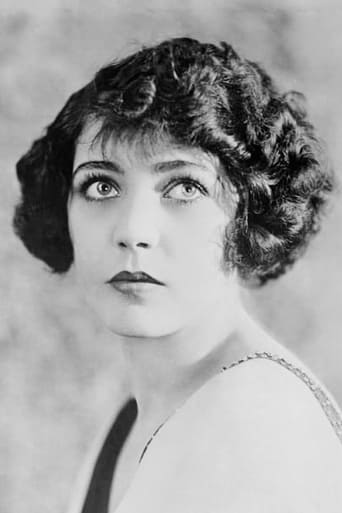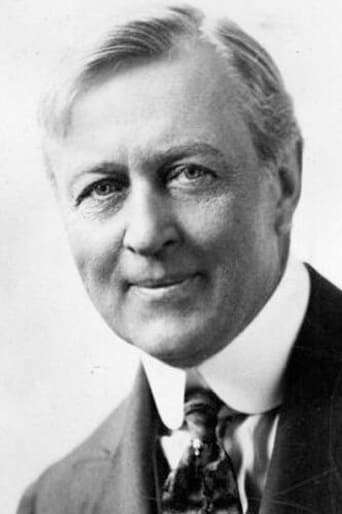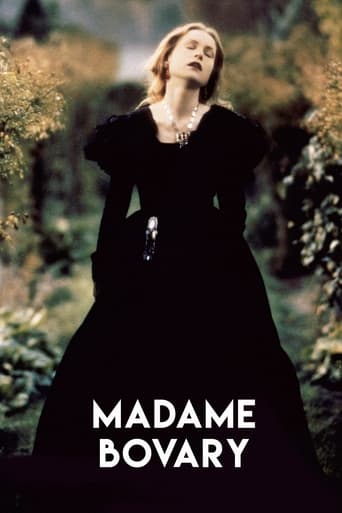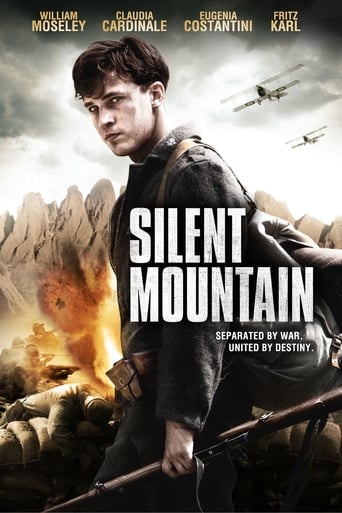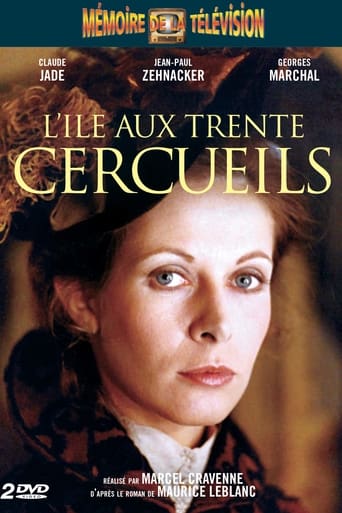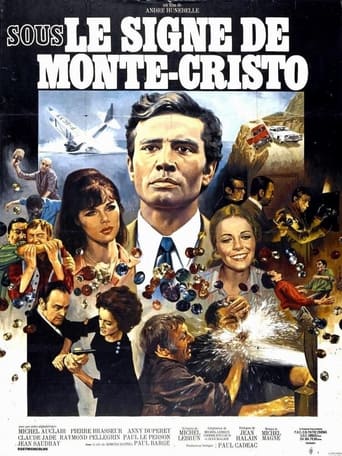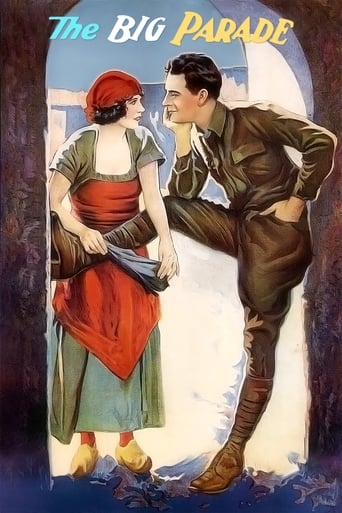
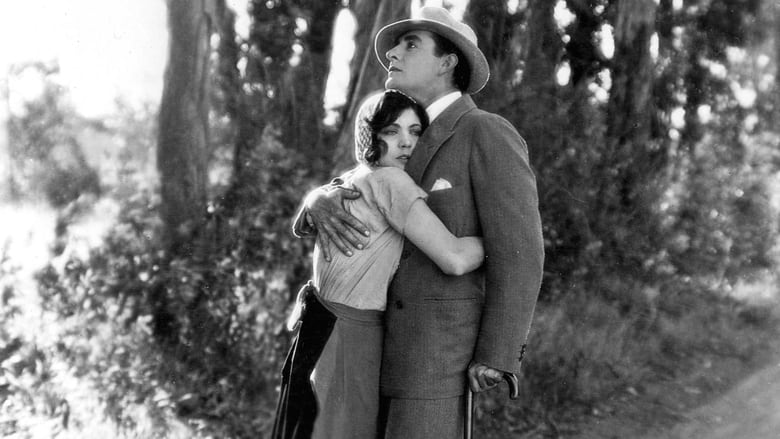
The Big Parade (1925)
The story of an idle rich boy who joins the US Army's Rainbow Division and is sent to France to fight in World War I, becomes friends with two working class men, experiences the horrors of trench warfare, and finds love with a French girl.
Watch Trailer
Cast


Similar titles
Reviews
. . . are three of the floats I noticed in director King Vidor's bizarre BIG PARADE. How many war flicks take 88 minutes to get to the Front? At the center of this movie is the longest lovers' goodbye in film history. As the composer of the 1988 score goes berserk with clashing musical motifs and a crescendo of dissonant chords, Doughboy Jim stretches out a parting already surpassing marathon length by throwing stuff at his French peasant gal lover Melisande. When Jim runs out of traditional Forget-Me-Nots, he flings her his left boot (foreshadowing, of course, the flick's lame finale). WWII may have given rise to NO TIME FOR SERGEANTS, but it's the corporals who are the doomed Short-Termers on PARADE. Cigarettes famously earned their "coffin nails" nickname during WWI. In one of the most literal takes on product placement ever, Mr. Vidor has Jim offer his German P.O.W. a smoke near the end of THE BIG PARADE. Naturally, the enemy soldier drops dead a few moments later!
A gritty silent era war movie.Quite realistic for its time. Certainly doesn't glamorise war, unlike many other movies of that period would. I wouldn't go so far as to say it is an anti-war movie, but it certainly doesn't paint a glorious picture of war.Not all good: the movie drifted in the middle. The escapades of the soldiers while in the camp in France seemed quite silly and just delayed the inevitable battle scenes.The over-dramatic nature of silent movies also means this hasn't aged that well. The overly stereotypical characterisations of some of the soldiers, especially the hick building construction worker, was a bit over-the-top.At the time of its release, however, it was probably revolutionary, and highly regarded.
Clean-shaven young John Gilbert (as James "Jim" Apperson) gets caught up in the patriotic fervor leading the peaceful United States into The Great War (aka World War I). In joining "The Big Parade" of enlisted men, Mr. Gilbert leaves behind his pretty sweetheart and wealthy lifestyle - and ships out for war-ravaged France. There, Gilbert bonds with two lower-class soldier buddies: spitting laborer Karl Dane (as "Slim" Jensen) and rotund bartender Tom O'Brien (as "Bull" O'Hara). Fortunately, France provides feminine distraction in the form of Renée Adorée (as Melisande). Gilbert takes Ms. Adorée for a walk, and falls in love King Vidor's "The Big Parade" is one of the most beautifully produced and directed silent epics of the 1920s. Mr. Vidor gets the finest personnel at MGM - the studio certainly regarded, with the late 1925 release of this film and "Ben-Hur", as the best in the business. With these films, MGM had considerable evidence to back up boasting about having the Biggest Stars and the Biggest Pictures in the Business (for about two decades).The film is also a personal triumph for silent idol Gilbert, who was receiving, and handling, some of the best parts Hollywood had to offer. Gilbert shaved off his suave moustache, and really does seem like the ordinary (but wealthy) looking soldier called for by the script. Gilbert manages both the comedy and drama scenes extraordinarily well. The lengthy "comic" parts go on too long; and, this is the film's main weakness - but, the actors are not at fault. And, Gilbert's "wheel-barrel" scene is the most memorable comedy interlude. Contrastingly, the comic Dane excels in his most dramatic moment.There were no "Academy Awards" at the time - but, "The Big Parade" won "Best Picture" honors from "Photoplay", "Quigley Publications", and "The New York Times"; it was released too late in the year to overtake Chaplin's "The Gold Rush" at "Film Daily". Only Quigley offered a "Best Director" honor, which went to Vidor; in hindsight, Eisenstein's "Potemkin" would have to be considered better. And, Gilbert's "Jim" would have faced stiff "Best Actor" competition from Chaplin's "Tramp" (and Gilbert's own appearance in "The Merry Widow"). John Arnold's photography should also be noted, as well as always dependable Hobart Bosworth and Claire McDowell. Do watch "The Big Parade" until the ending. Even if you guess (or know) what will happen, it's beautifully done. This is because Vidor makes you think about Gilbert's American and French sweethearts, instead of the obvious ********* The Big Parade (11/5/25) King Vidor ~ John Gilbert, Renée Adorée, Karl Dane, Tom O'Brien
King Vidor, like descendant such as Steven Spielberg, became the biggest, most famous directors of their time both for their willingness and desire to give the people what they wanted, across as many genres as possible, to as many people as possible, and The Big Parade depicts that desire in plentiful spades.The film is nominally a war film, taking place during World War I, where the wimpy, idle son of a rich businessman (John Gilbert) is forced by expectations to join the Army, and he is sent to the frontlines in France, where he befriends a few working-class soldiers, as well as finding a sweetheart, French cutie Renee Adoree. Their courtship features the second and third genres of the film, romance and comedy, as the sweet scenes where he teaches her how to chew gum is as charmingly endearing as the love scene where their attempts to whisper sweet nothings are hampered by their constant reliance on their separate translation books; and what is romance without its cousin melodrama, who shows up in chunks to make you weep, lest you be too happy and not affected. There's tragedy and reunions in perfectly modulated chunks, and although I might have rolled my eyes once or twice, it's mostly damn successful.A grand, populist epic, The Big Parade delivers on everything it promises (and it promises a lot), making it one of the better achievements of the entire silent era.{Grade: 8.5/10 (B+) / #2 (of 5) of 1925}


